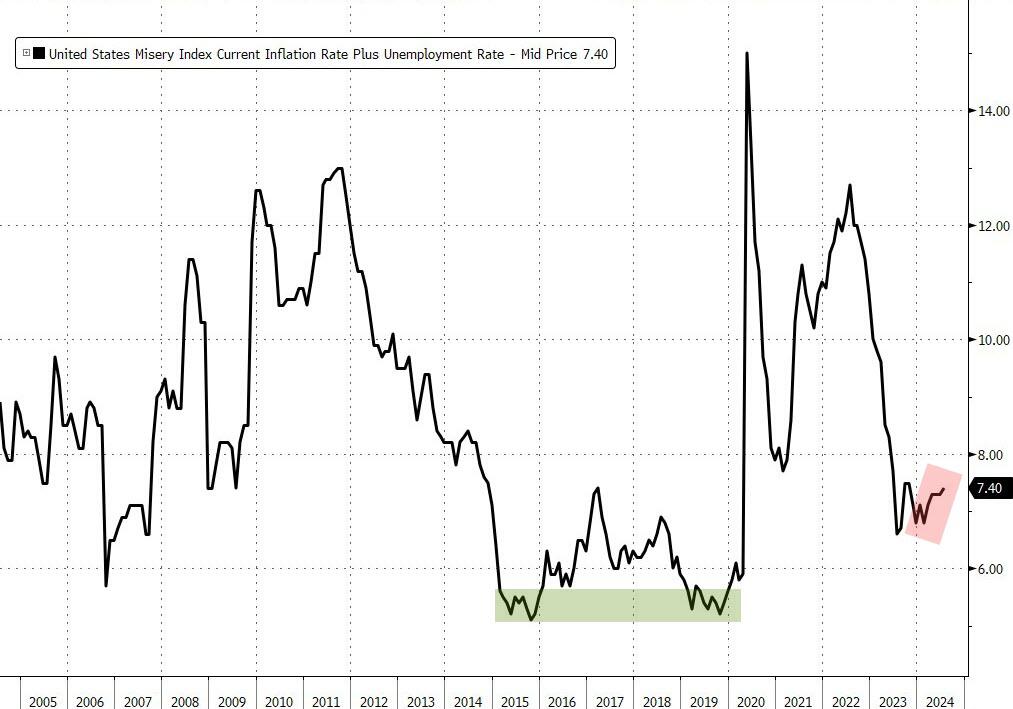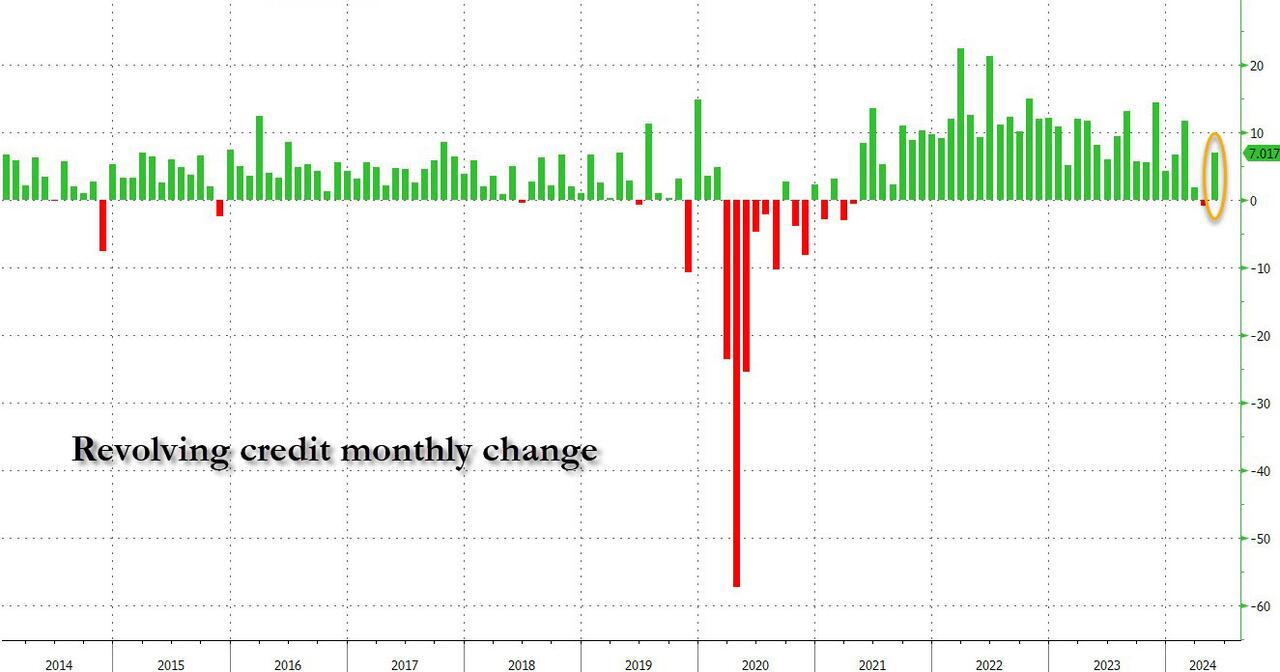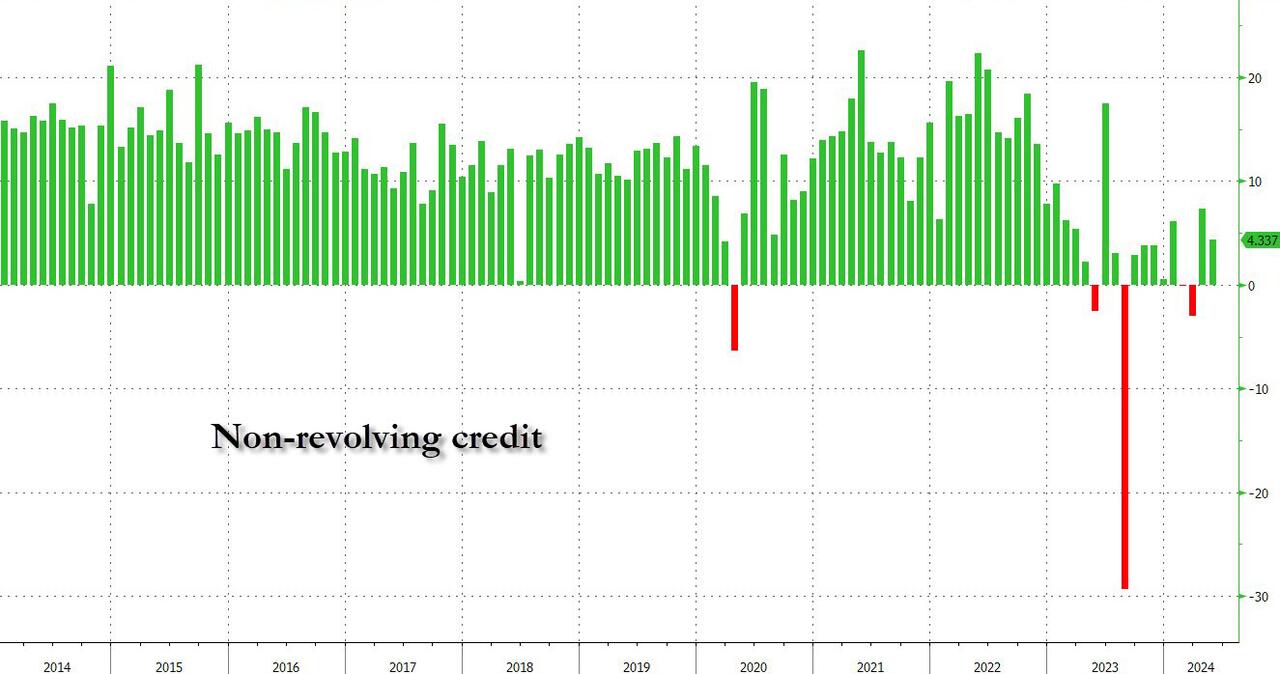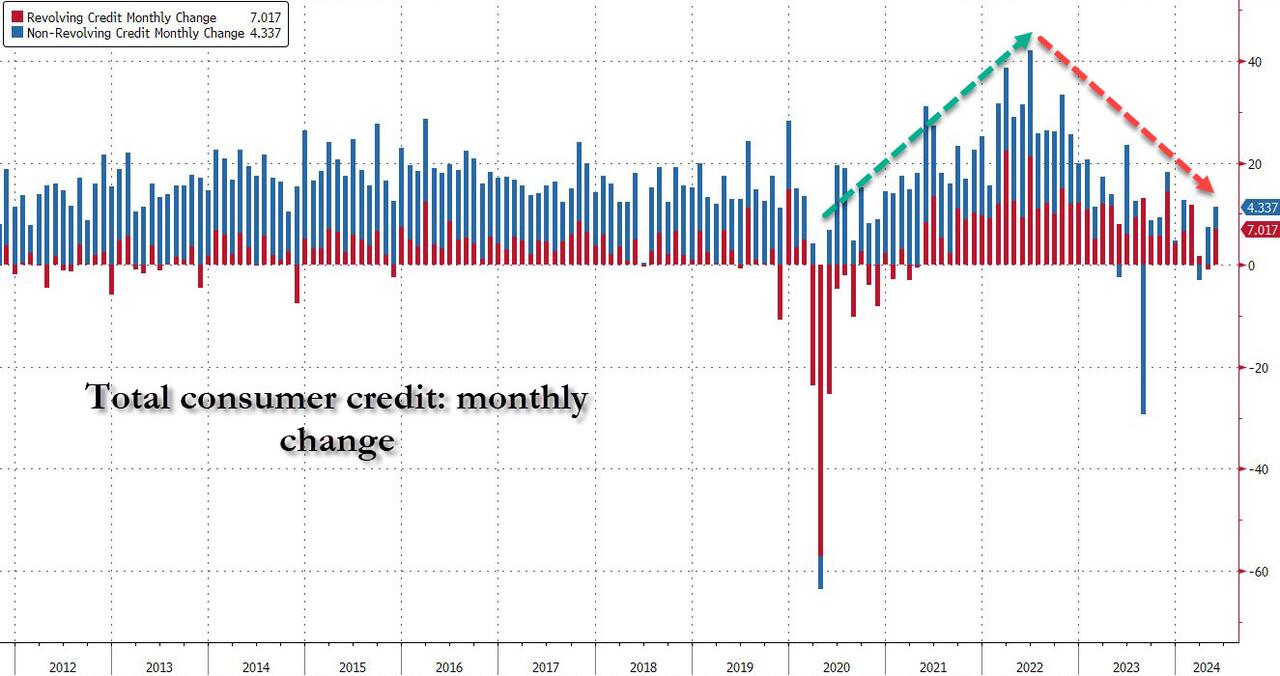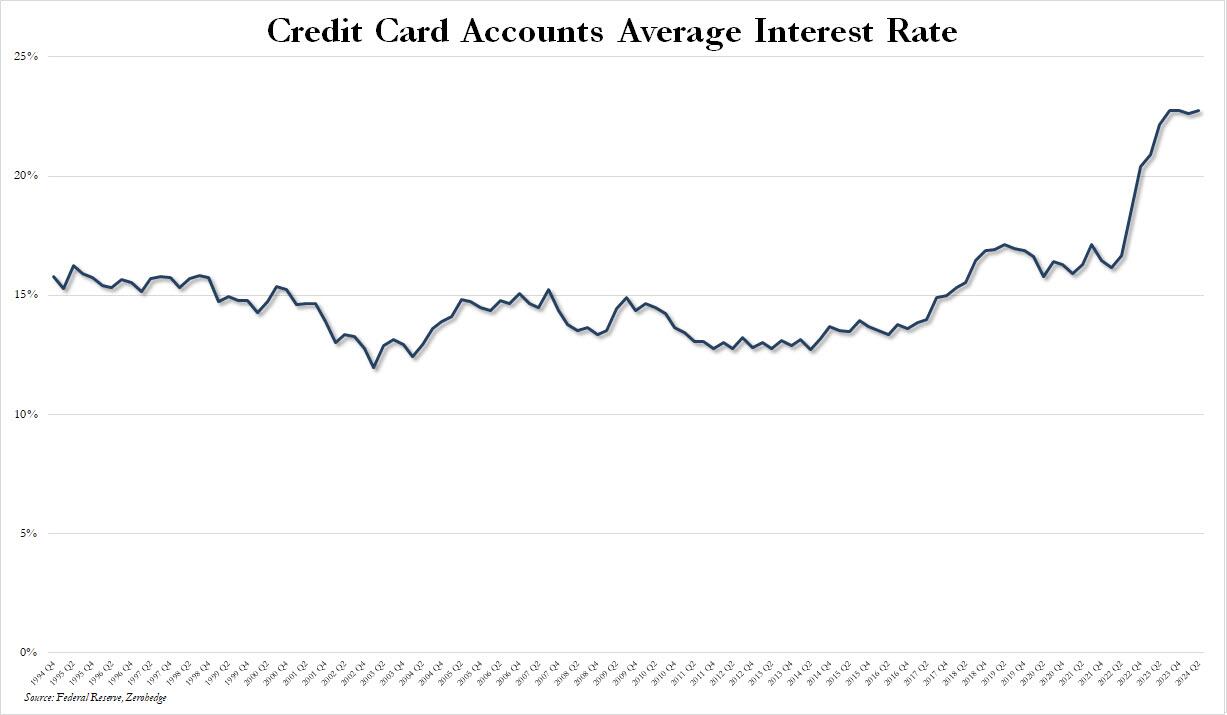Grifols said on Monday it is considering a buy offer from the Catalan family and Canadian investment firm Brookfield which would delist it from the Spanish and Nasdaq stock markets, according to multiple media outlets. The deal is potentially worth around $6 billion based on the current market value.
“According to the information provided to the Board of Directors, Brookfield and the Family Shareholders have reached an agreement to evaluate a possible joint takeover bid to acquire all the share capital of Grifols,” the company said, according to a statement provided by Spain’s regulator.
The Catalan family currently controls around 30% of the company's shares. Trading of Grifols’ stock was suspended early Monday morning by the Spanish regulator, Comision Nacional del Mercado de Valores, but has since resumed trading. The stock is trading over 30% higher in premarket on takeover interest.
The founding family of Grifols is looking to take back control of the plasma-based medicines manufacturer following a tumultuous year. A short-seller attack in January 2024 sent the company’s shares tumbling and wiped $3.83 billion from Grifols’ valuation at the time, after Gotham City Research questioned the manufacturer’s accounting practices and alleged that Grifols is overstating earnings and understating debt.
In response to the allegations, Grifols denied any wrongdoing but removed all family members from executive positions and hired an outside CEO and CFO.
Barclays analyst Charles Pitman said Monday that the potential takeover would allow a new management team to focus on improving operations. Grifols is currently saddled with over $10.8 billion in debt, according to CincoDías news, with more than $3.1 billion maturing this year and $3.3 billion in 2027.
On the positive side of the ledger, Grifols scored a recent win with the FDA approval last month of Yimmugo, an intravenous immunoglobulin treatment for primary immunodeficiencies. The asset was picked up in a 2022 acquisition of Biotest. Grifols expects Yimmugo to reach $1 billion in sales over the next seven years.
